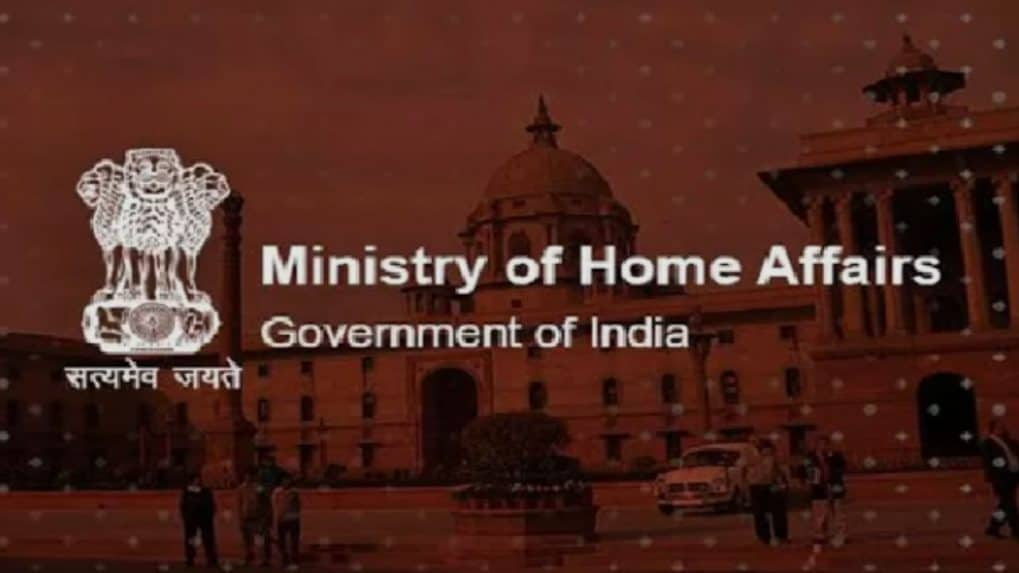EXCLUSIVE: E-Gaming Federation meets MHA, submits details of 34 companies for banning
In past six months, the gaming federation has reported over 250 illegal gambling and betting websites and apps to the government
ADVERTISEMENT
The E-Gaming Federation (EGF), an association of top Real Money Gaming (RMG) players met Ministry of Home Affairs (MHA) to submit details on 34 illegal gambling and betting companies currently operating in India.
Ministry of Electronics and Information Technology (MeitY) is likely to take action against these offshore gambling platforms.
According to sources, the officials from EGF met senior officials at MHA and shared critical information which included illegal gambling and betting companies' business addresses, contacts, IP addresses used for business operations, among others critical details.
“In last six months more than 250 such complaints have been submitted via EGF. After the complaint is made, MeitY, the authorized agency takes down the website and app. However, the notorious offshore platforms at times change their servers and start operating in India again,” revealed a source on condition of anonymity.
When contacted, Anuraag Saxena, Chief Executive Officer of E-Gaming Federation, refused to divulge any details regarding the meeting.
However, he said, “We regularly meet government officials and submit complaints. It is a routine process to meet law enforcement agencies.”
In its continuous fight against such illegal apps, Centre blocked a total of 581 apps in December last year- 174 of which were betting and gambling apps, and 87 were loan lending apps. Some of the apps that were banned included Mahadev, Parimatch, Fairplay, 1XBET, Lotus365, Dafabet and Betwaysatt.
Storyboard18 was first to report on illegal gambling and betting apps adopting new modus operandi to acquire Indian users. These offshore gambling apps are now enticing Indians by providing free pornographic content in exchange for downloading their illicit APK apps for smartphone users.
It is to be noted that the offshore sports betting market receives an estimated $100 billion annually in deposits from India and has been growing at 20 percent per year in the last three years post-pandemic, according to a Think Change Forum (TCF) report.
Despite best enforcement efforts, the illegal offshore betting industry (under the new GST regime) will continue to grow at 20 percent at the least, leading to a tax loss figure of Rs 6,72,205 crore by 2026, the report noted.
Read More: BREAKING: Meta to allow Alcohol, Real Money Gambling ads on its platforms in India?


